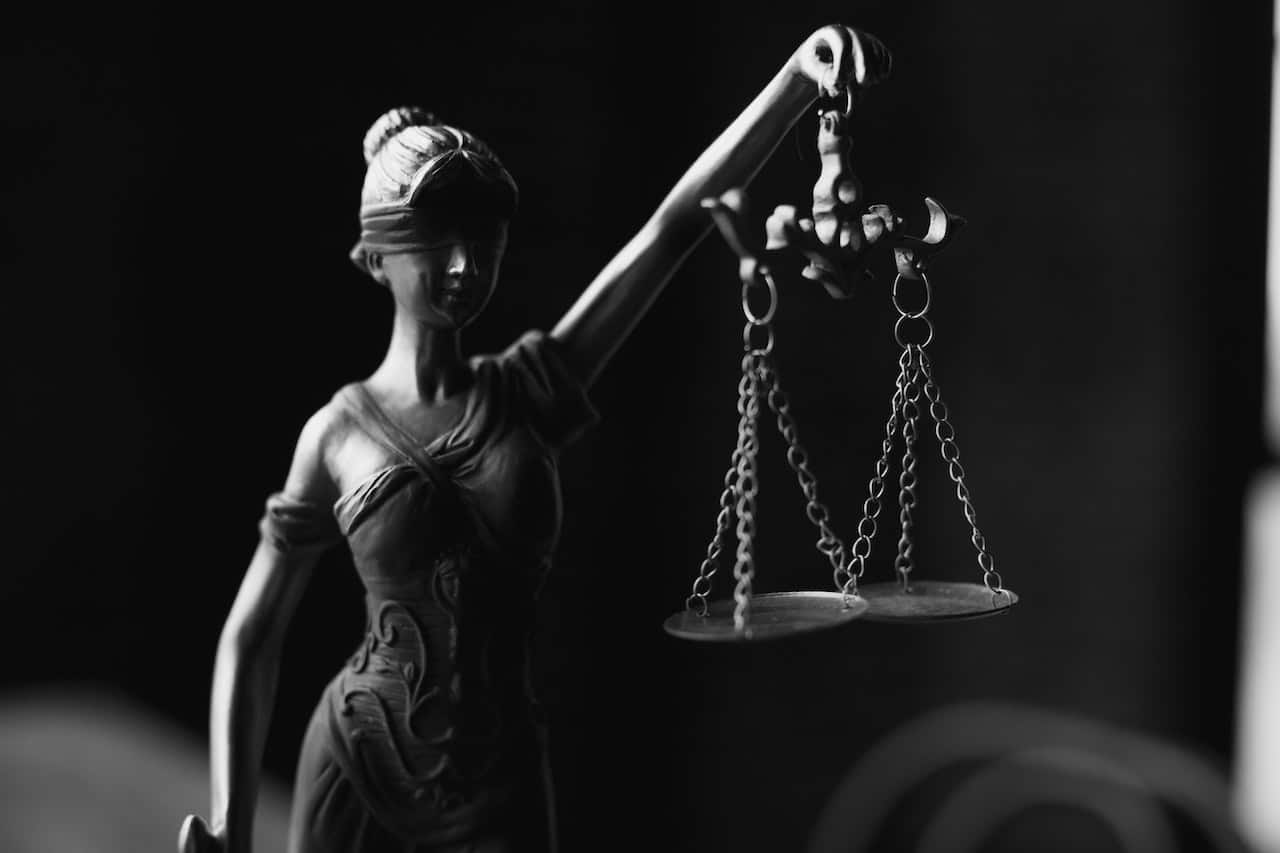
11 Dec Police Misconduct: What You Should Know
Law enforcement officials are meant to uphold our laws and keep the public safe. But when they do not, they must face the same consequences that civilians do. Understanding the limitations of the police and holding them accountable for their actions can help keep our justice system fair and impartial.
What Is the Definition of Police Misconduct?
When they are on duty, there is a certain set of standards that law enforcement officers are expected to uphold. Police misconduct is the inappropriate and/or illegal actions some officers may perform on duty.
Working with the public can be a difficult job, but it is important for police officers to treat every situation with integrity. There are many different types of police misconduct, and this short guide will explain the most common ones.
Types of Police Misconduct
- Racial Profiling
When officers target certain races, ethnicities, religions, or national origins, it is called racial profiling. In some cases, racial profiling can lead to increased use of force or a complete lack of help.
- Brutality
Arizona ranks high in the use of excessive force by officers. More commonly known as police brutality, it can include purposely hurting suspects, denying them medical attention, and in extreme cases using deadly force when it was unnecessary.
- False Arrest or Imprisonment
In order to arrest or detain a person, law enforcement must have a valid reason. When an officer arrests or imprisons a person under a false pretense, that is illegal.
- Perjury
When a law enforcement officer lies in court, especially when their testimony could change the outcome of a trial, this is known as perjury.
- Intimidation
The most common forms of intimidation are using threats of violence or imprisonment against suspects to make them give false confessions or to stop witnesses from testifying.
- Unauthorized Search or Seizure
It is illegal for officers to search (or take) your personal property without permission or reasonable suspicion. This can also include access to your phone. Without a warrant, the police are not allowed to confiscate or destroy a phone or order you to delete videos. However, you should familiarize yourself with the new laws regarding the recording of police.
- Evidence Tampering
Tampering with evidence includes planting, removing, or altering evidence in any way.
- Intoxication
Drinking alcohol or using drugs while on duty is another form of police misconduct.
When Police Misconduct Happens, Call a Lawyer
If you have experienced misconduct by the police the best course of action is to contact a lawyer who can help you report it. If you believe you are witnessing police misconduct, document the questionable actions—your written statement, video, or list of witnesses might come in handy later on.
When facing criminal charges, it is important to have a good lawyer on your side. That goes double if you are facing charges when the police might have done something wrong. Misconduct by the police could have a huge effect on your case. Todd Coolidge has over 25 years of experience in criminal defense—if you need a lawyer, give us a call today to schedule a consultation.
Images used under creative commons license – commercial use (12/10/22). Photo by EKATERINA BOLOVTSOVA.




